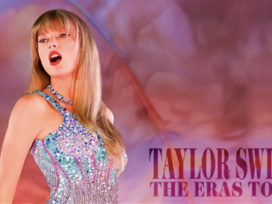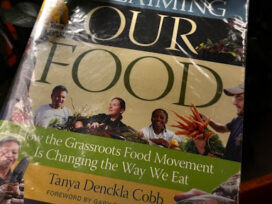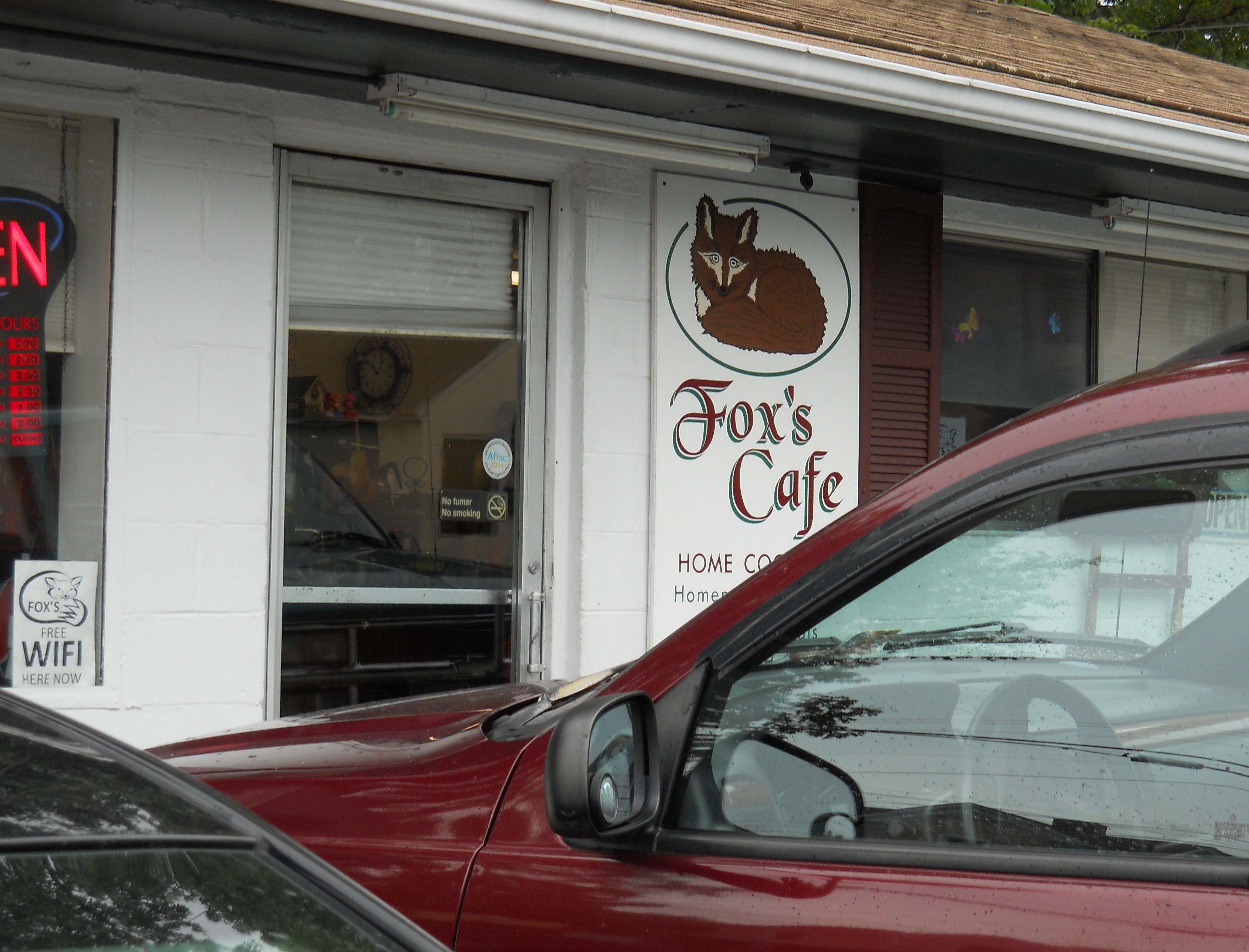From the Editor
Federal policies affect our everyday lives. Often what goes on in Washington feels outside our control: politicians make deals behind closed doors, compromise on policies we feel strongly about, or hold firm but legislation passes anyway. It is easy to feel powerless, but remember, we are powerful. “We the people,” the first words of the U.S. Constitution, allow us to choose our politicians; we have the right to make our voices heard about the policies that affect us.
The U.S. political system is complicated. It is a labyrinth of caucuses, primaries, debates, Super Tuesdays, and political conventions. Educate yourself: know when to vote, where to vote and how to vote. Know what each candidate stands for so your vote reflects your beliefs, not the person whose voice you have heard the most in media outlets. PVCC’s political science and journalism students have created a Virginia voter guide with highlights of candidates’ platforms on key issues. Read it; learn it.
Voting is significant; not voting is also significant. As David Foster Wallace, covering John McCain’s 2000 campaign for Rolling Stone, bluntly put it, “By all means stay home if you want, but don’t bullshit yourself that you’re not voting. In reality there is no such thing as not voting: you either vote by voting, or you vote by staying home and tacitly doubling the value of some Diehard’s vote.” If you do not vote, you are boosting “the other side,” whoever “the other side” may be for you.
Not everyone residing in the United States can vote. Remember, voting is a U.S. citizen’s right, but it is also a privilege. Do not take it for granted, and do not let your opportunity to affect the course of this nation pass you by.






